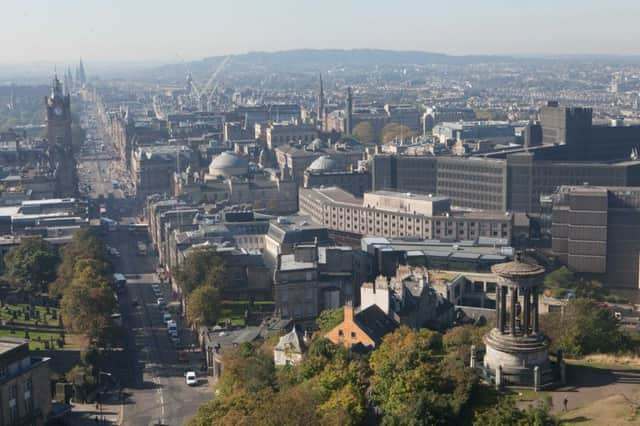Brexit '˜horrified' Scots businesses with EU workforce


A survey of those running UK hospitality, food and drink and construction businesses has uncovered the depth of concern employers feel for their enterprises and their employees.
The research by the National Institute of Economic and Social Research (NIESR) also identifies that the concerns of Scottish employers are magnified by the prospect of a second independence referendum.
Advertisement
Hide AdAdvertisement
Hide AdThe study, conducted by Dr Heather Rolfe, associate research director at NIESR, found that employers were unprepared for the Leave result and believe it is bad for business.
Some expressed strong feelings including “shock”, “horror” and even “devastation” following the June EU referendum. .
Employers are worried about recruitment once free movement ends, are concerned for the wellbeing of their EU workers who have been left in the dark about their future and want a say in future immigration policy.
The research, with 17 unnamed employers with workforces of between 30 and 15,000, reveals their EU workers feel they are unwelcome in the UK and have even experienced hostile comments from customers.
Employers say their preference is for free movement to continue. They cannot see how a points-based system, often proposed during the referendum campaign, could work in low-skilled sectors. They are interested in the use of sector-based schemes but are concerned that any visa systems will not allow them to respond quickly to fluctuating labour requirements.
The CEO of a bakery company employing 280 staff, including 168 EU migrants, stated: “The ‘outer’s’ view is that migration will stop and we’ll suddenly have a sensible level of tens of thousands net migration whereas anybody I know who works in a food manufacturing industry is thinking ‘if that happens, we’re going to be seriously stuffed in terms of what we can do to make food’.”
Dr Rolfe’s report looked at the employers’ emotional response to the vote.
The report said: “While all said their initial response had been one of surprise, some expressed much stronger feelings, exclusively negative: more than half said they had been ‘shocked’ in some way, including ‘absolute shock’ and ‘shock and horror’ and even ‘devastation’.
Advertisement
Hide AdAdvertisement
Hide Ad“A small number described their response as like bereavement.”
The report suggested concern about economic uncertainty was felt most keenly in Scotland and Wales while one employer in Scotland said the possibility of a second independence referendum was creating further economic problems.
A Scottish Government spokesman said: “As the First Minister has made clear, we are intent on pursuing all avenues to maintain Scotland’s EU status, in line with the way people here voted, to protect jobs and investment and to bring as much certainty as possible to business and the country as a whole.”